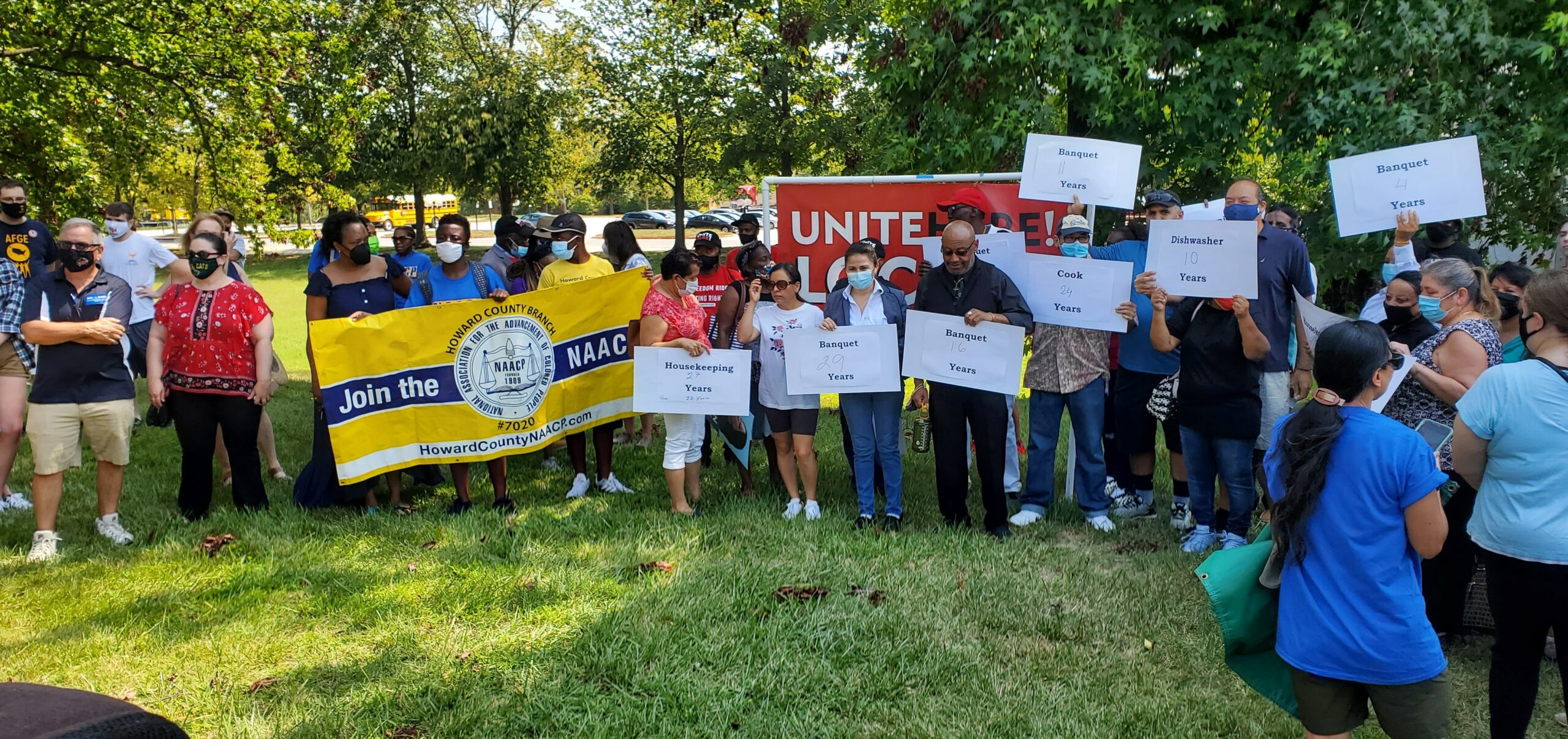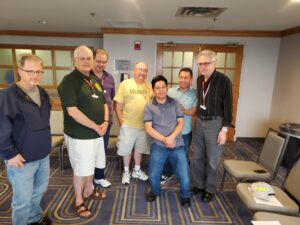The Working Catholic: Social Doctrine Part II
BY BILL DROEL
Modern Catholic social doctrine dates from May 1891 with the publication of On the Condition of Labor by Pope Leo XIII (1810-1903). Customarily, social encyclicals are subsequently released on significant anniversaries of On the Condition of Labor.
In May 1981 Mehmet Ali Agca, a criminal from Turkey, shot Pope John Paul II (1920-2005) in St. Peter’s Square. Thus John Paul II’s anniversary encyclical was delayed until September 1981. It is titled On Human Work.
Every worker is equal in dignity, says John Paul II. That’s because the dignity of work originates with the person doing the work; the person who raises children, instructs students, assists homebuyers, manages portfolios, takes orders at the drive-through window, crafts legislation, develops affordable housing or supervises a manufacturing plant. A boss cannot confer dignity. An executive secretary is no more dignified than the night janitor. Every worker is equal—not necessarily in pay or expertise, but equal in dignity prior to, during and after the job or task.
The word work, according to John Paul II, is any activity that comports with God’s on-going creation and redemption. A homemaker is a worker. Unemployed workers, volunteer tutors and chief executives are all workers. A gun trafficker is not a worker because she or he detracts from the plan of God. A predatory lender is not a worker. An adult who abuses children is not a worker.
The design of an economy, the policies of a specific business, or the management style of a boss or the level of cooperation among fellow workers make it easier or harder to experience holiness through work. On Human Work says that the first purpose of any economy or business is the fulfillment of its workers. Fulfilling work is some combination of putting bread on the family table, benefitting society with a needed service or product, participating in a team effort and growing in self-knowledge. If a company first has regard for its workers, it will likely also respect its suppliers and customers or clients. (Remember, its workers include the shop hands, janitors, executives, nurses, top partners, drivers, public relations personnel, sales force and more.) That company with competent management and a needed product or service will likely be profitable.
The best test of whether a company respects its workers is its wage structure. “In every case a just wage is the concrete means of verifying the justice of the whole socioeconomic system” and each business within it, writes John Paul II. “It is not the only means of checking but it is…the key means.” Get wage structure right, the company and society will be right. Wage structure, by the way, includes the top (not paid too much) and the bottom (not paid too little).
On Human Work names other considerations for a whole, holy economy or business. John Paul II warns against an authoritarian business or a collectivist economy. No surprise coming from a champion of anti-communism. He likewise warns against neo-liberal individualism. No surprise coming from a Catholic. Instead, he favors businesses that value subsidiarity (bottom-up decision making), participation and solidarity (solidarność).
John Paul II devotes a section to the “importance of unions,” and he affirms “the right to strike.” He reminds employers and employees that the disabled have “ideas and resources” and can be offered a job “according to their capabilities.”
On Human Work concludes with an intriguing section titled Elements for a Spirituality of Work. John Paul II, in a totally neglected injunction, says that the whole church has “a particular duty to form a spirituality of work…which will help all people come closer, through work, to God.” Such spirituality is “a heritage shared by all.”
Next up: Pope Francis’ contributions to social doctrine. For now, obtain John Paul II’s Gospel of Work edited by Bill Droel (National Center for the Laity, PO Box 291102, Chicago, IL 60629; $7 discount price).


